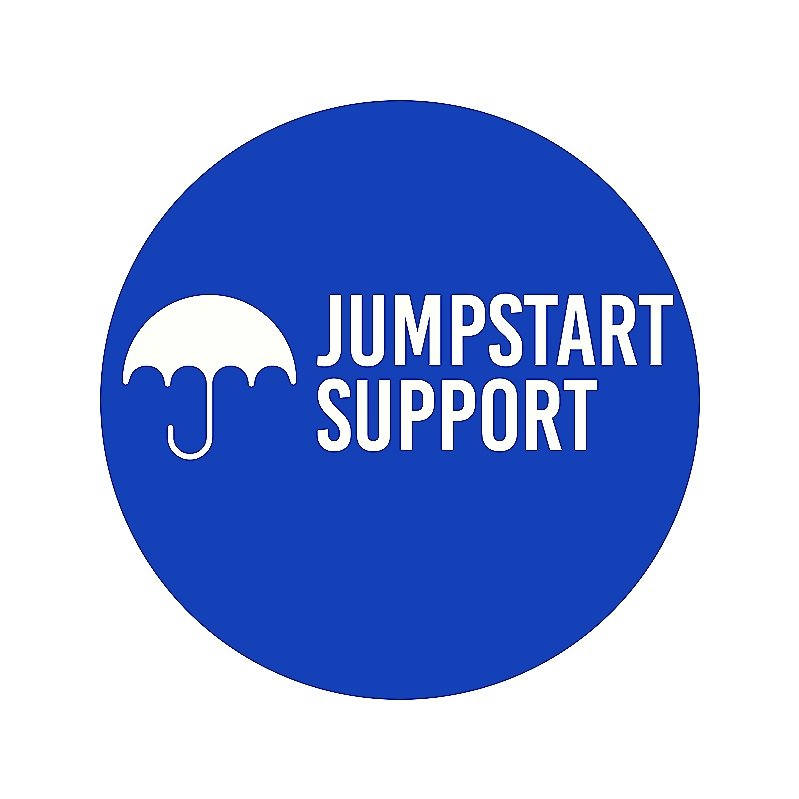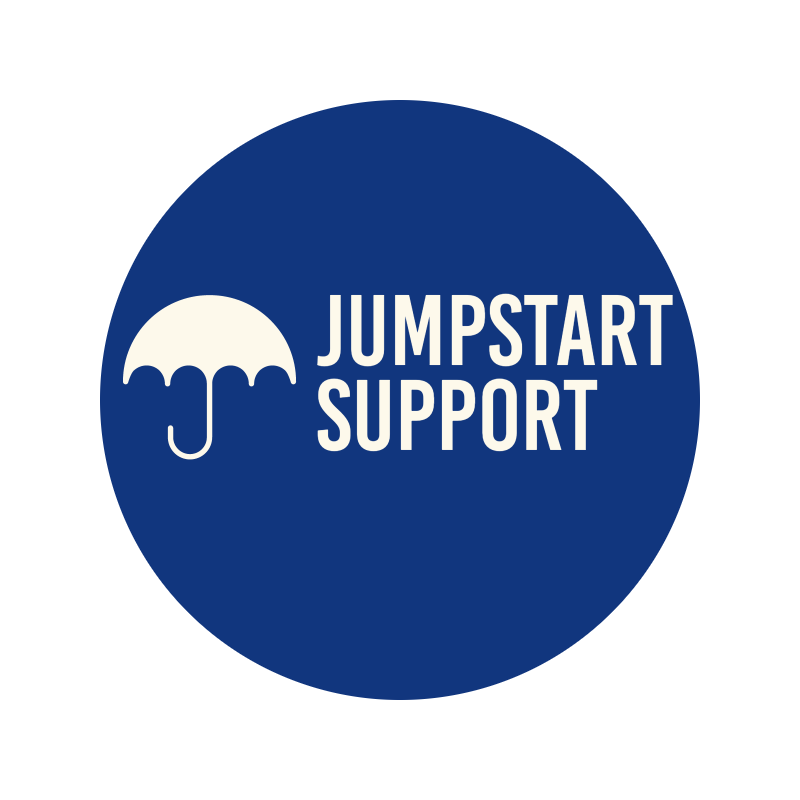Empathy and Understanding: Key Principles for Interviewing Neurodiverse Candidates
In our quest for an inclusive workforce, it's crucial for recruiters, HR professionals, and hiring managers to understand that neurodiversity represents a wealth of untapped talent waiting to be recruited. But to effectively harness this talent, an important shift in our approach to interviews and hiring practices is necessary. This post is a guide to incorporating empathy and understanding into the interview process, and beyond, for individuals who are neurodiverse.
Understanding Neurodiversity at Work
Neurodiversity encompasses a spread of individual differences that manifest in different brain functions, which includes conditions such as Autism, ADHD, Dyslexia, and others. Rather than framing these as disabilities, neurodiversity advocates view them as natural variations within the human species. These variations often come with unique strengths that can be incredibly beneficial in many work settings. However, the interview process can be a significant barrier to entry for these amazing candidates if not approached correctly.
The Business Case for Neurodiversity
Beyond the moral and social imperative, there's a compelling business case for neurodiversity in the workforce. Employees with neurodiverse conditions often possess a remarkable ability to think outside the box and find novel solutions to complex problems. Companies such as SAP, Microsoft, and EY have already proven that a neurodiverse workforce is not just a social good; it's a competitive advantage.
Navigating Neurodiverse Hiring Practices
Traditional hiring processes can unintentionally exclude neurodiverse candidates, who may struggle with the intricacies of unspoken social expectations and the ‘performance’ element of job interviews. It is our responsibility as recruiters and hiring managers to ensure our hiring practices are inclusive and provide an equal opportunity for all applicants.
Overcoming Challenges in the Interview Process
Neurodiverse individuals might communicate differently, requiring interviewers to be flexible and understanding. Adapting the structure of interviews, providing clear instructions, and allowing candidates to demonstrate their skills through different mediums can significantly level the playing field.
Best Practices for Inclusive Recruitment
Organisations committed to neurodiversity should begin by reviewing and refining their job descriptions to ensure clarity and accuracy, avoiding jargon, and specifying all necessary skills without unnecessary extras. Using positive language and offering support, such as providing a ‘buddy’ for interview preparation, can also make a world of difference.
The Role of Empathy in Neurodiverse Interviews
Empathy in interviews signifies a shift from the traditional focus on candidate social interaction abilities to a more nuanced understanding of each candidate’s unique capabilities. Approaching interviews with empathy can help uncover the true potential and suitability of a neurodiverse candidate for a role.
Tailoring the Interview to the Candidate
Rather than a one-size-fits-all approach, neurodiverse interviews should be tailored to the specific needs of each candidate. This could involve offering a choice of interview formats, allowing extra time, or providing questions in advance to support preparation.
Creating an Inclusive Interview Environment
Simple adjustments, such as offering a quiet room, using plain language, and avoiding ambiguous language or idioms, can facilitate a more successful interview for neurodiverse candidates. It’s also important to ensure that interviewers are trained in recognizing and accommodating neurodiverse traits.
Building an Inclusive Workplace Culture
Hiring doesn’t end at the offer letter; in fact, that’s just the beginning. Creating a truly inclusive workplace is an ongoing effort that requires the commitment of the entire organisation. Training and support are crucial for ensuring that colleagues and managers are prepared to work alongside neurodiverse team members.
Support and Training for Existing Staff
Workshops and resources on neurodiversity can help existing staff understand and appreciate the differences that each team member brings. This awareness can foster a culture of acceptance and support.
Accommodations in the Workplace
Integrating accommodations—such as noise-cancelling headphones, flexible scheduling, or special ergonomic equipment—into the workplace should be a standard practice. These accommodations can benefit not only neurodiverse employees but also the entire workforce.
A Forward-Looking Call to Action
The movement towards an empathetic and inclusive interview process for neurodiverse candidates is steadily gaining momentum. There is a wealth of resources and support available to organisations willing to take the next step and welcome neurodiversity into their teams. If you're inspired to make a change, now is the time to act.
Get in Touch and Stay Curious
The conversation around neurodiversity is rich and always evolving. If you're ready to start the dialogue within your organisation, or if you just want to learn more, reach out to the community at Jumpstartsupport.com for guidance and support.
Concluding Thoughts on Inclusion
The opportunity to create a more diverse, equitable, and inclusive workplace is both a challenge and a privilege. By bringing empathy and understanding to the forefront of our hiring practices, we can pave the way for a future where everyone—regardless of neurodiversity—can find their place and thrive. It’s a future that starts, one interview at a time, with you.

